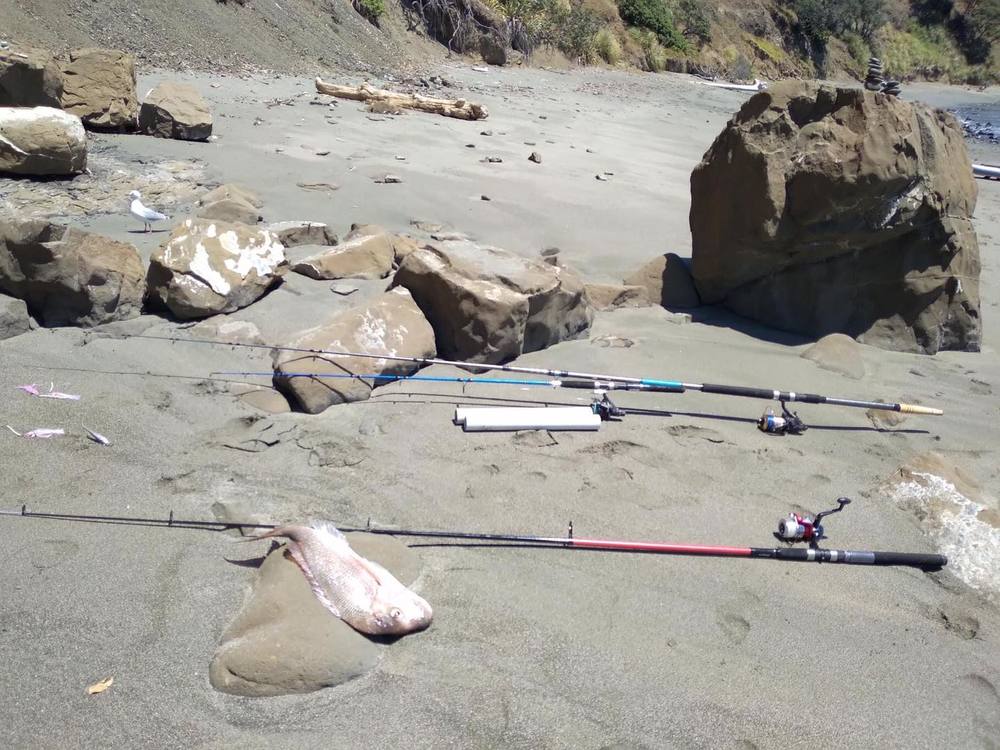Pair Caught Fishing In Goat Island Marine Reserve
The Matakana App
06 February 2021, 8:37 PM

Locals were outraged on Saturday after a pair was caught fishing inside Goat Island Marine Reserve.
In a post to their Facebook Page, Goat Island Dive and Snorkel expressed their disappointment that people could be so selfish. “Unsure what is worse; the fact that people were fishing in the reserve or the fact that they were fishing there in the middle of the day from the main beach and all the people around didn’t say anything?”

By the time the pair were spotted they had reeled in two snapper. One was returned to the water alive while the other had died.
A person who came across the fishers said they appeared to not realise it was a marine reserve and were "very sorry".
"Unbelievable that after 45 years of marine protection some people say they didn't know what a marine reserve was."
Luckily for the rest of the fish, two amazing locals came to the rescue and managed to stop the people from fishing. If you see any poaching, please call DOC on 0800 362 468 immediately and try and gather the evidence needed to present to the Ministry of Primary industries in order to see the appropriate punishment applied.
Locals seemed to be in agreement that at the very least those involved deserved a huge fine.
The marine reserve is a place where natural and undisturbed marine environments and sea life can be studied. This is important as it gives researchers something to compare to when investigating the effects of human activity and climate change. The reserve protects a large range of near-shore and reef-dwelling organisms in a clean, largely silt-free environment, which contrasts with much of the inner Hauraki Gulf.
Visitors are encouraged to enjoy boating, swimming, snorkelling, scuba diving, and picnicking in the marine reserve. However, a number of activities are prohibited or restricted to protect the area’s marine life and habitats. The following are offences under the Marine Reserves Act:
• Fishing of any kind
• Taking or disturbing any marine life, including shellfish and seaweeds
• Taking of any part of the sea floor, including rocks and shells
• Feeding the fish, as this disturbs their natural behaviour.
The marine reserve is managed by the Department of Conservation (DOC). Its success depends on the care and vigilance of visitors. If you see people taking fish or other marine life within the reserve, please report it to DOC.



